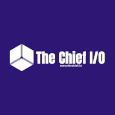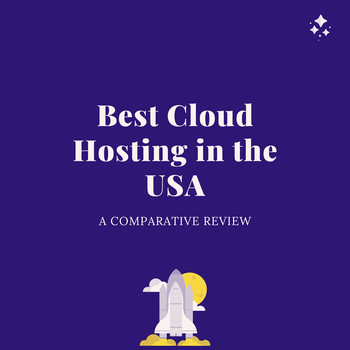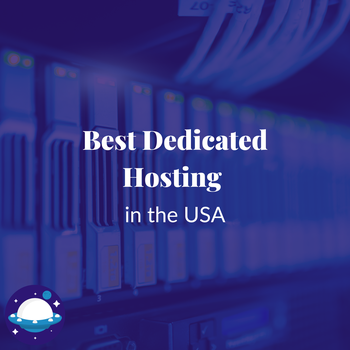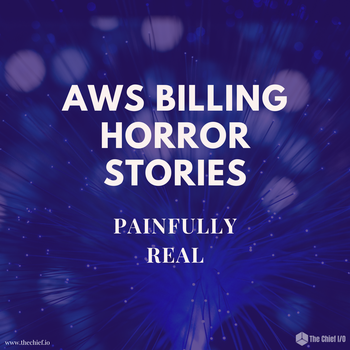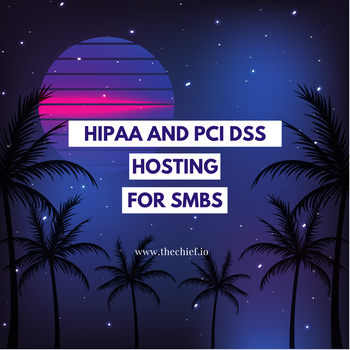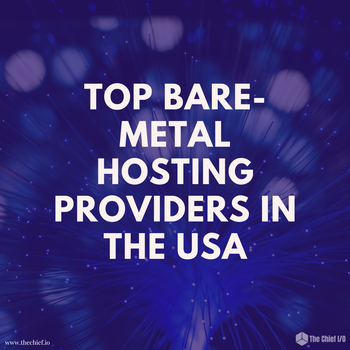DevOps in 2022: These are our predictions
Main:
Since its adoption in the software production community, DevOps has helped organizations roll out products faster by ensuring better collaboration among the various teams in the organization. Over the years, we have witnessed new trends adopted by organizations practicing DevOps in their bid to accelerate further the adoption of the concept and speed up the delivery of products.
Following the pandemic, the world witnessed changes in how work/operation/production is carried out, and the DevOps community was not left out. Three major catalysts for those changes were remote working, cyberattacks, and increased demand for technology. These catalysts have been a major influence on emerging trends in the DevOps community. Organizations are focused on delivering software faster while still ensuring security even with their workers working from different countries or sometimes continents.
We have compiled the trends for those looking to skill up or the best practices to employ at your organization.
DevSecOps:
The first trend we will be exploring is security. Remote working and the hysteria of the pandemic have made cybercriminals bolder in their attacks. The cases of ransomware have increased, with the Conti ransomware at the forefront of this. The most effective way of dealing with security issues is preventing them. And to do this, DevSecOps was introduced. DevSecOps highlights the inclusion of improved security into the domain of the developers using automation. In doing this, developers would get more knowledgeable in matters regarding security. Employing DevSecOps in building pipelines involves adding security tools like monitoring and alerting tools into design pipelines to monitor and enforce security changes with the build every step of the way, this would ensure that security policies are observed, and all vulnerabilities are avoided while still ensuring speed.
Kubernetes:
Containers, not just in the DevOps community, have become the magic word for building and shipping products over the years. Kubernetes is used to manage container clusters, and it has driven up the adoption of containers over the years. Every year prediction that Kubernetes would be a DevOps trend is guaranteed, but this time, the Kubernetes trend would be examined from a different angle.
Just as introducing Kubernetes drove up cloud adoption, managed Kubernetes clusters have driven up Kubernetes adoption. The DevOps community has witnessed major cloud service providers offer managed Kubernetes platforms, and organizations quickly shift towards that.
Cloud Native:
Cloud adoption should have been the first on the list since many of the trends are made possible just because of cloud services. Cloud services have been pioneering trends in DevOps even before COVID-19. Cloud-native technologies support the use of container-based systems to build and run software on the cloud. DevOps and less commonly GitOps were employed during the latest years when managing cloud-native apps and they will continue to ensure speed and efficiency and have, over time, guaranteed success.
The use of AI vs. ML in DevOps:
Automation is the fueling block for DevOps. Developers create tools that perform operational tasks like deployment, monitoring, and security and how they have been able to merge the two teams. AI and ML have been helpful in other areas of IT. They would improve DevOps practices by collecting useful data and creating automation that increases speed and accuracy based on these data. This trend would affect the delivery and deployment of apps and maximize productivity while minimizing effort.
Everything as Code:
Writing everything as code is targeted at making scalability easier. Organizations that noticed increased users during the pandemic realized the need to create infrastructures, networks, storage and computing resources that can be scaled quickly and automatically.
Writing everything as code goes beyond automation and allows developers to leave in their software builds, improving cloud adoption. It is thereby an overall more efficient method.
More SRE practices in DevOps:
Site Reliability Engineering in an organization involves a team of engineers ensuring that teams are functioning at the maximum. They do this by managing shared resources and creating tools or systems to manage shared and repetitive tasks. Bringing SRE practices to DevOps would maximize productivity which is the end goal of all organizations. Both practices are modern workplace practices and complement each other. Google state of DevOps report showed that organizations who have successfully implemented both concepts are top players in the industry and have a higher delivery rate.
FinOps:
FinOps is one of the newest trends in DevOps. It is a more innovative way of managing expenditure in an organization. Organizations build a team that ensures that money spent is for the right purpose. To do this, they use metrics to measure outputs vs. inputs.
FinOps involves collaboration between the product managers and the engineers to ensure that the organization follows the best practices. The best engineering options are considered with cost-effectiveness as a guide.
According to The State of FinOps report, FinOps team sizes grew by 75% between 2020 and 2021. The report is expecting 50% more growth in the next year.
GitOps:
GitOps refers to the practice of using the version control system, Git, to store and manage all necessary infrastructure code as the project continues. This is done by constantly merging code to the main branches. It is a continuous deployment system that gives the developers more control over the infrastructure and the state of their applications.
In DevOps, developers use GitOps to make cloud-native adoption, automation, and deployment more focused. Since the mainframe of the software is stored as code in Git, developers are using pull requests to make necessary changes to the build. Developers looking to adopt the infrastructure-as-code model in the near future would find GitOps a progressive practice.
NoCode DevOps:
NoCode is disrupting every workflow in software development, and DevOps is not left out.
DevOps has become a necessary process for enterprises that want to deliver fast and durable solutions. This process involves using various tools and frameworks that require codes to fulfill the agility, continuous integration, continuous deployment, and continuous testing goals. NoCode solutions have streamlined this process and kept it as codeless as possible; to reduce the tasks of DevOps professionals.
NoCode can now be used in building and managing both infrastructure and apps. However, it’s getting to be used in other fields like CI/CD and DevSecOps.
Wildcard provides a NoCode continuous delivery platform that offers a set of tools and practices that you can use to reduce the complexity of DevOps processes. It includes support for intuitive technologies to help you build, deploy and manage complex and straightforward Kubernetes applications in an easy-to-use visual interface.
Wildcard is a NoCode platform that provides a solution to help organizations, and developers, even those without DevOps experience or coding knowledge, to successfully implement DevOps practices and build, deploy, and manage applications without writing a single line of code. Start for free by singing using Github or GitLab.
Get similar stories in your inbox weekly, for free
Share this story:
Latest stories
Best Cloud Hosting in the USA
This article explores five notable cloud hosting offers in the USA in a detailed way.
Best Dedicated Hosting in the USA
In this article, we explore 5 of the best dedicated hosting providers in the USA: …
The best tools for bare metal automation that people actually use
Bare metal automation turns slow, error-prone server installs into repeatable, API-driven workflows by combining provisioning, …
HIPAA and PCI DSS Hosting for SMBs: How to Choose the Right Provider
HIPAA protects patient data; PCI DSS protects payment data. Many small and mid-sized businesses now …
The Rise of GPUOps: Where Infrastructure Meets Thermodynamics
GPUs used to be a line item. Now they're the heartbeat of modern infrastructure.
Top Bare-Metal Hosting Providers in the USA
In a cloud-first world, certain workloads still require full control over hardware. High-performance computing, latency-sensitive …
Top 8 Cloud GPU Providers for AI and Machine Learning
As AI and machine learning workloads grow in complexity and scale, the need for powerful, …
How ManageEngine Applications Manager Can Help Overcome Challenges In Kubernetes Monitoring
We tested ManageEngine Applications Manager to monitor different Kubernetes clusters. This post shares our review …
AIOps with Site24x7: Maximizing Efficiency at an Affordable Cost
In this post we'll dive deep into integrating AIOps in your business suing Site24x7 to …
A Review of Zoho ManageEngine
Zoho Corp., formerly known as AdventNet Inc., has established itself as a major player in …
